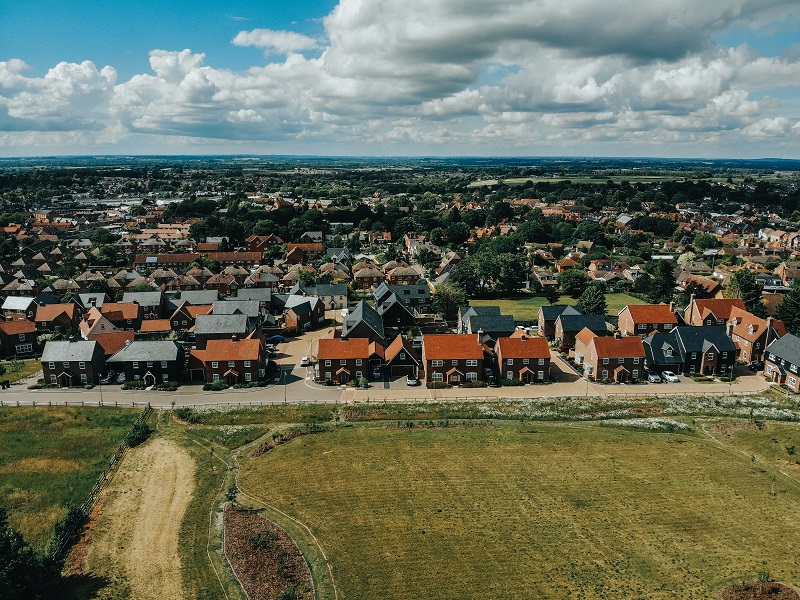With Peel L&P bringing forward 12,000 acres of rural estate for development in the North West of England, delivering environmental objectives such as biodiversity net gain and net zero are now high on its agenda.
Speaking at the Central Association of Agricultural Valuers CAAV National Conference and AGM in Liverpool, Rosie Wilson, director of land and estates at Peel L&P described the issues faced. “We take climate change seriously,” she said. “We want to transform and regenerate places and be the most trusted partners of choice in the transformation of property.”
To meet the requirements of the new Environment Act, developers will have to achieve at least a 10% biodiversity net gain over the pre-development biodiversity value.
To discharge a “pre-commencement condition”, the local planning authority must approve the development’s biodiversity gain plan before the development can start, explained Ms Wilson.
“Core information for that will include the pre-development biodiversity value; the proposed approach to enhancing biodiversity on-site and any proposed off-site biodiversity enhancements – including the use of statutory credits – that have been planned or arranged for the development. Habitat type can only be traded upwards, for example grass to peat, local offsetting is preferable and net gain must be secured for a 30-year period.”
Decisions about where to secure biodiversity net gain and its value could be tricky, she said. “When looking to provide off-setting land, what’s the market? Will conservation bodies undercut you? Are you considering habitat banking, i.e. creating gain now for use with future developments?
“Should you meet the biodiversity requirements next to the site – but perhaps impede further development? Or should you build your own biobank on other land, yours or third-party, or buy units through the Local Planning Authority, via the local market or via a national credits scheme?”
With many of these questions still to be answered, Peel L&P is charting its own way forward with its place making homebuilder Northstone, specialising in sustainable homes, spaces and communities.
“Northstone seeks to connect communities with nature. It already strives to voluntarily increase biodiversity on its sites by 10% – this doesn’t become mandatory until 2023. For example, it implements an extensive Landscape Design Code for each site, incorporating hedgerows, trees and evergreen perennial shrubs,” said Ms Wilson.
Another example of the company’s multi-pronged approach is integrating sustainable urban drainage schemes, where appropriate, that benefit local wildlife as well as improving water management.
“For the final push to a net zero home, Northstone is researching photovoltaic panels, air source heat pumps, smart cylinders for water heating, energy storage batteries and mechanical ventilation systems,” said Ms Wilson.
“It has already redesigned its bathrooms to reduce plastic pipes by 50% and is currently working on designing lighter homes so less concrete is needed to support the house and embodied carbon is reduced.”
About the CAAV
The Central Association of Agricultural Valuers (CAAV) is a specialist professional body representing, qualifying and briefing over 2,900 members practising in a diverse range of agricultural and rural work throughout England, Wales, Scotland and Northern Ireland.
CAAV members are agricultural and rural valuers who provide professional advice and valuation expertise on issues affecting the countryside from tenancy matters to sales and purchase of farms and land, from taxation and compulsory purchase to auctioneering, and from conservation issues to farming structures.
We are always happy to speak to the press – if you have any queries, please contact Marianne Curtis at Agri-hub PR on 07443 747808 or email [email protected].




